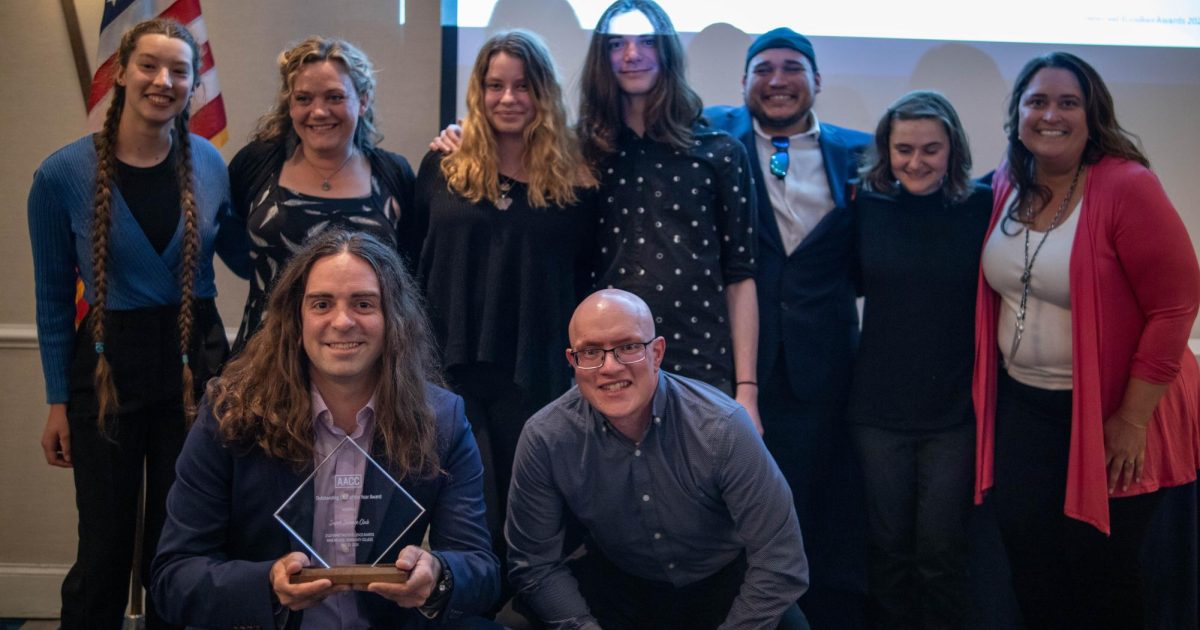Outstanding Achievements Recognized: Super Science Club and Adventure Society Receive Impact and Excellence Awards
The Impact and Excellence Awards recognized the outstanding contributions of over 50 students, faculty, and staff to the College community. Among them, the Super Science Club was awarded Outstanding Club…
How to Access and Change Your Health Records with MyWellSpan: A Guide
Individuals have the right to access and request changes to their health records under the Health Insurance Portability and Security Act (HIPAA). MyWellSpan is a convenient way for users to…
Kauppalehti Launches Innovative Election Machine for European Parliament Candidates: Helping Voters Choose Wisely
The European Parliament election is fast approaching, and voters in Finland are gearing up to make their voices heard. To help them choose the right candidate, Kauppalehti has launched an…
NFL Draft Boosts Local Businesses: Sauced and Local Pig Pigwich Share Insights on the Unpredictable Nature of Major Events
In 2023, Union Station in Kansas City played host to the NFL Draft, providing local businesses with an unparalleled opportunity to experience the excitement firsthand. Jaiaun Smith, owner of Sauced,…
BCHS Odyssey of the Mind Team Scores Second at New York State Finals, Earns Spot at World Championships
The Bethlehem Central High School Odyssey of the Mind team has achieved a remarkable feat by placing 2nd at the New York State Odyssey Finals in Syracuse. This exceptional team,…
Nam Son Pagoda in Da Nang Releases Over 100 Turtles for Conservation Efforts
On April 25, Nam Son Pagoda in Da Nang released over 100 turtles into the lake at the temple. These turtles, including striped turtles and box turtles, were voluntarily surrendered…
Giants Pick Malik Nabers 6th Overall, Bringing Explosive Receiving Threat to New York
On Thursday night, the New York Giants selected Malik Nabers with the 6th pick in the NFL Draft. The team was hoping that Nabbers would provide the explosive receiving threat…
Time Magazine’s 100 Most Influential People of 2024: Microsoft CEO Satya Nadella Leads the Way in AI and Innovation
Microsoft Chairman and CEO Satya Nadella has been named one of Time magazine’s 100 Most Influential People of 2024. The accolade, which is based on the opinions of leaders in…
Empowering Communities through Comprehensive Healthcare Solutions: The WellSpan Story
WellSpan is a healthcare system that offers comprehensive and equitable health and wellness solutions in South Central Pennsylvania and Northern Maryland. With a network of over 2,000 providers, 220 locations,…
Sweden Repurposes Decommissioned Power Plant as Symbol of Energy Security in the Face of Geopolitical Tensions
In the northern port of Malmö, a red brick building with gray cooling towers stands as a symbol of Sweden’s readiness for an uncertain future. Originally slated for dismantling and…



